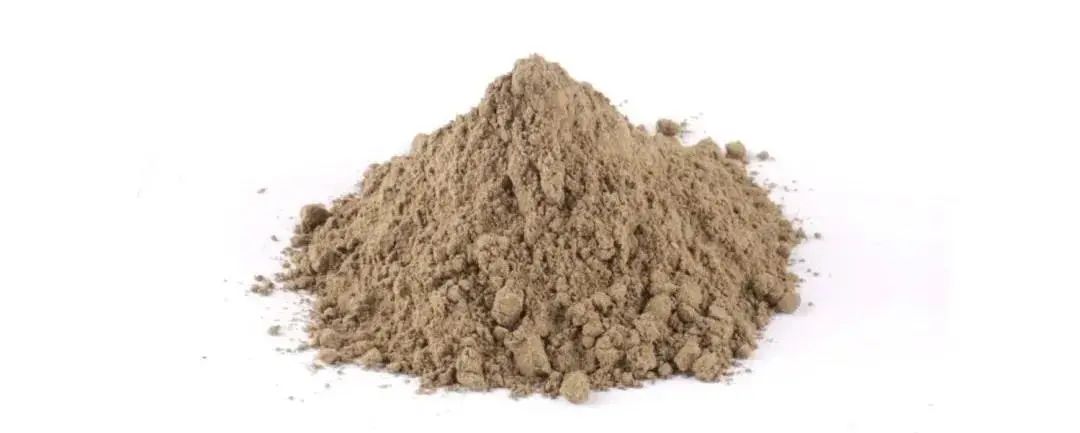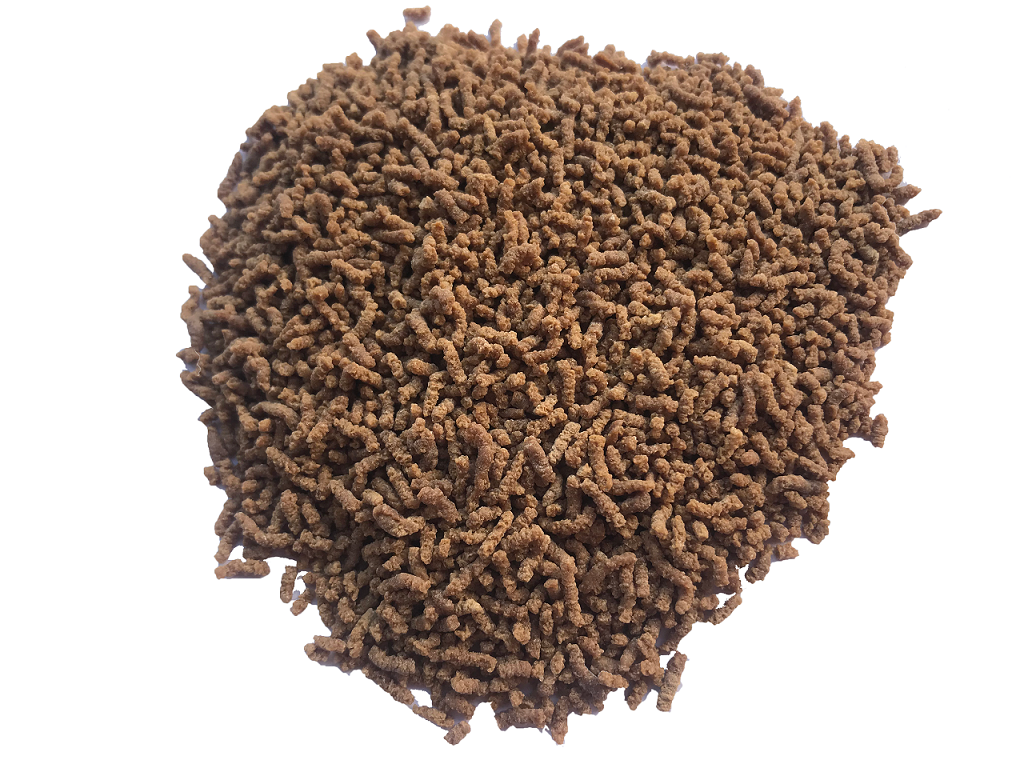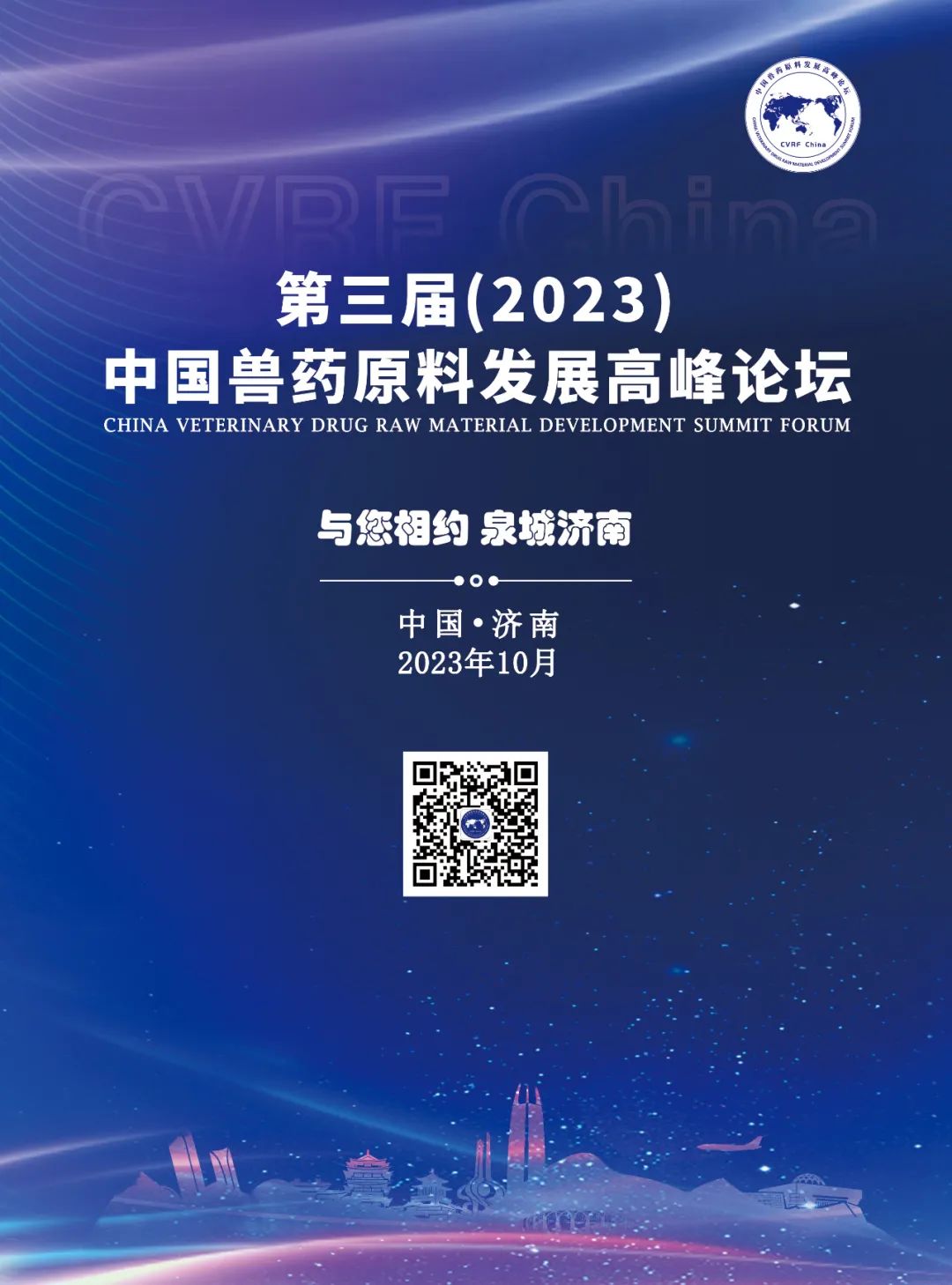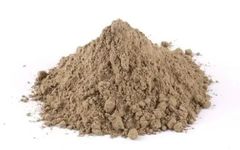The application of traditional Chinese veterinary medicine in livestock and poultry farming is becoming increasingly widespread. Commonly used forms of traditional Chinese veterinary medicine include herbal powders, granules, and oral solutions.
The formulation refers to the physical form of the medication, which is produced based on the properties of the medicine, the prescription, and the needs of the disease. Different formulations are administered through various methods to enter or contact the body, thereby achieving the desired therapeutic effect.
To evaluate the effectiveness of different formulations of traditional Chinese herbal products, factors such as timeliness, efficacy, convenience, and cost-effectiveness must be considered. This article first considers timeliness, comparing which is better among herbal powders, granules, and oral solutions.
1. Herbal powders, granules, and oral solutions are different formulations of traditional Chinese medicine, each with its own characteristics.
Herbal powders refer to a dry powder formulation made by uniformly mixing the medicinal herbs with suitable excipients. Herbal powders are one of the oldest traditional formulations in China, with numerous records in ancient texts such as the “Treatise on Febrile Diseases” (Shang Han Lun), “The Classic of Famous Physicians” (Ming Yi Bie Lu), and “Shen Nong’s Herbal Classic” (Shen Nong Ben Cao Jing). Herbal powders have a larger specific surface area, making them easy to disperse. When processed with ultrafine technology, their specific surface area can increase several times, which is more conducive to biological absorption and transformation, leading to a quicker onset of action. They can be used in animal feed anytime and anywhere, especially in duck feed, and are widely used in geese and large livestock.
 Herbal Powder
Herbal Powder
Herbal granules are a dry granular formulation made by mixing raw medicinal herbs with suitable excipients to achieve a certain granule size. The dispersibility, adhesion, aggregation, and moisture absorption of granules are less than those of herbal powders, making them easier to store. Herbal granules retain the characteristics of traditional decoctions and syrups, dissolving or suspending in water and being easily absorbed in the body, leading to a quicker onset of action. Compared to oral solutions, herbal granules are more stable in nature and have advantages in terms of administration, portability, and storage. Granules can also have additives added to improve palatability.
 Herbal Granules
Herbal Granules
Oral solutions are based on traditional herbal decoctions, extracting the active components of the herbs and adding flavoring agents, antibacterial agents, and other additives to create a sterile or semi-sterile oral solution. The widespread application of oral solutions is due to several reasons: they are suitable for livestock and poultry that refuse wet feed or have difficulty swallowing, they are more convenient to use, and because the solution is a homogeneous system, the medication can be evenly dispersed in the drinking water for animals.
Herbal powders, granules, and oral solutions are different product formulations, each with distinct usage characteristics. Both herbal powders and granules are solid forms, making them easier to transport and store compared to oral solutions. Herbal granules, especially oral solutions, are more convenient for addition to drinking water, while herbal powders are more suitable for mixing with feed and can also be administered by soaking in boiling water, decocting, or adding to decoctions for better efficacy.
Herbal granules are produced by adding a large amount of excipients like glucose after extracting the active ingredients, making them convenient for mixing with feed and drinking water, with a faster absorption rate, but their cost is significantly higher than that of herbal powders. Oral solutions are produced according to strict manufacturing processes based on the properties of the herbs, resulting in higher production costs than both herbal powders and granules, but they allow for direct administration through drinking water, making them more convenient. The production of herbal granules and oral solutions using different processes must also consider the issue of “clogging” in automatic drinking systems.
2. Different administration methods have different timeliness, and the timeliness of the same administration method is directly related to the drug concentration.
Timeliness refers to the speed at which the body absorbs the medication and its onset of action.
In terms of the speed of absorption, the general order is intravenous injection → inhalation → sublingual → rectal administration → intramuscular injection → subcutaneous injection → oral administration → topical application..
In terms of the completeness of absorption, the general order is inhalation → sublingual → rectal administration → intramuscular injection → subcutaneous injection → oral administration.
Overall, the most commonly used administration method for herbal powders, granules, and oral solutions in clinical practice is oral administration, and its timeliness is directly related to the drug concentration. Different formulations have different drug concentrations, leading to varying timeliness.
3. Different product formulations have different timeliness, and the timeliness of different formulations of the same product also varies. Although herbal powders and granules are both solids, herbal granules dissolve in water before use, similar to oral liquid formulations administered through drinking water. Herbal powders are absorbed after digestion in the stomach. Oral solutions are more convenient and quicker to use than granules. When selecting traditional Chinese herbal product formulations, choosing different formulations leads to different administration methods, and the effects of the same medication can vary with different formulations, resulting in different timeliness. Intuitively, the body absorbs oral solutions faster than granules, and granules are absorbed faster than powders. In livestock production, evaluating which type of traditional Chinese medicine is more effective solely based on the timeliness of the medication is not practically meaningful.How to Check the Authenticity of Veterinary Vaccines? Be cautious to avoid wasting money!
Five Types of Intestinal Diseases in Poultry During Summer
Poultry are prone to Qi and Blood Deficiency, especially for layer hens, it is crucial to tonify Qi, nourish Blood, generate fluids, and invigorate blood circulation!
Can Traditional Chinese Medicine also suffer from “heat stroke”? Can overnight decoctions be consumed? Pay attention to these points for summer supplementation!
Disclaimer
This article is sourced from the Traditional Chinese Veterinary Medicine Gaoshan Zao, carefully compiled and shared for public benefit, mainly for learning and communication purposes. Copyright belongs to the original author, and we express our gratitude! If there is any infringement, please inform us, and we will promptly delete and apologize.


